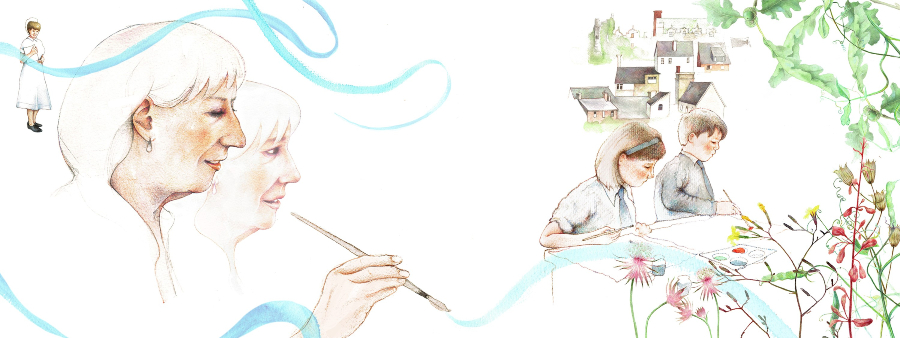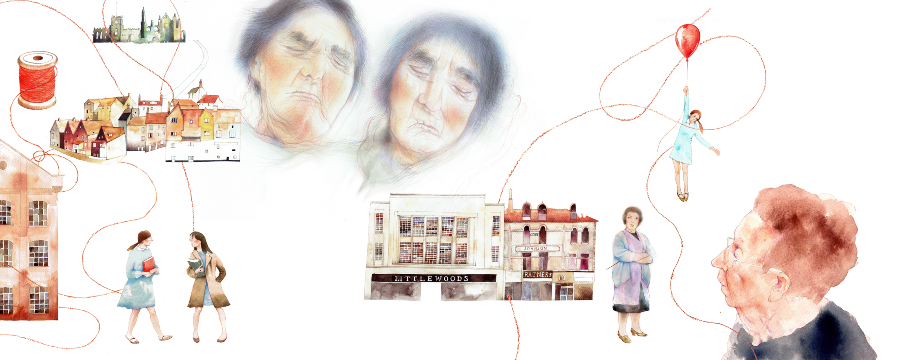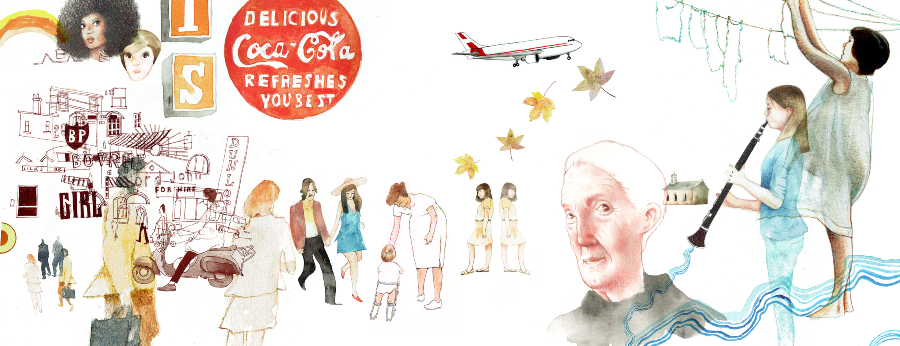
Resonances
When we interviewed women in their seventies and eighties about their experiences as teenagers and young women they often described ways that aspects of their younger selves stayed with them in later life: we called this idea ‘resonance’. We identified three kinds of resonance:
- Continuities – the sense that in some ways they had not changed much since their youth, such as in their ongoing passions, talents, approaches to doing things or responding to adversity.
- Legacies – the belief that their current situation could be traced to experiences or critical moments in their youth such as a decision to leave school earlier than necessary.
- Shadows – a feeling that they could have been a different sort of person and have followed a different pathway through life if things had gone differently when they were young… being self-assured rather than timid, an architect rather than an estate agent, ‘more experienced’ through having more than one sexual partner.
We have written about ‘resonances’ in more detail in two academic articles (see below). We also worked with artist Talya Baldwin who has created a series of portraits inspired by resonances in the lives of three of our interviewees: Frances, Audrey and Bev.
Academic articles about resonances
Frances
A love of painting is a constant theme in Frances’ life. She remembers painting as a young girl and she turned this passion into a career when she studied art at university and then went on to teach art to children in schools.
When she had children, she could not always paint as much as she would like, but retirement means that she has time to paint again.

Audrey
Audrey grew up in poverty in a northern town. Her home was so overcrowded that she shared a bed with her elderly and confused grandmother. She was a keen seamstress and her dream was a job in dressmaking. She was over the moon when she was offered a dressmakers apprenticeship, which would have developed her talent and have meant she had a skilled and well-paid career.
But her mum thought this was an unrealistic dream and would not let her do the apprenticeship. Instead, she got Audrey a job in the local factory. Audrey looks back on this a moment that left a real legacy on her life, leaving her without skills and drastically cutting her income.

Bev
Bev lives with a frustrating sense that she has ‘not been true to herself’. At 20 she studied physiotherapy in London. ‘Swinging London’ passed her by, but this did not matter as she was intent on getting qualified and then going to Canada to travel and work.
Instead, at 21 she got married and started a family. She loves her children and husband, but never got to use her physiotherapy qualification, or live abroad. Now in her seventies, she imagines a ‘shadow self’ – an adventurous alternative version of herself who did pursue these plans.

